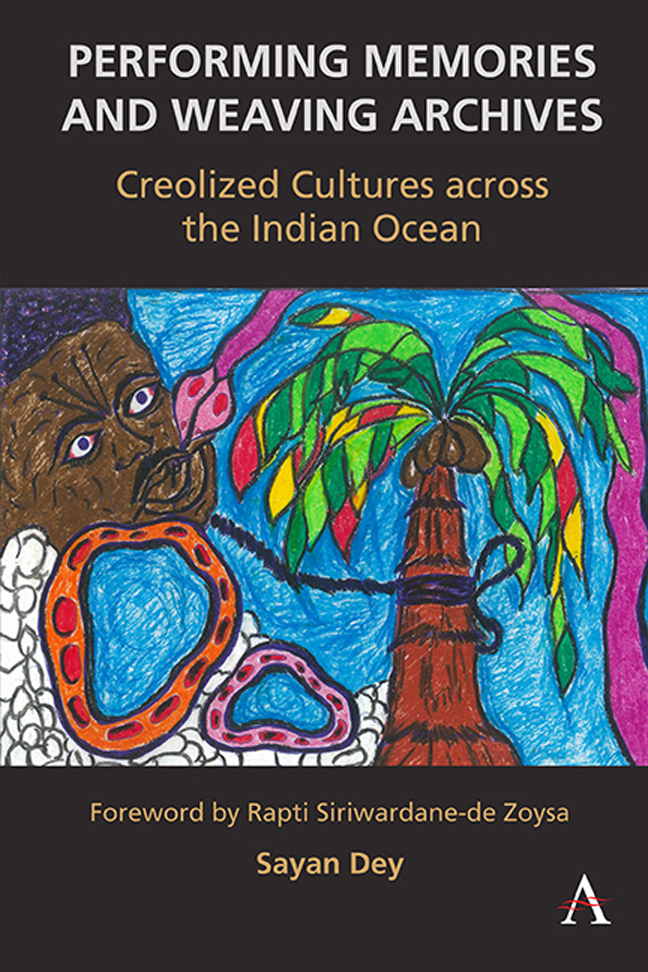Book contents
6 - Continuity: Weaving Archipelagoes of Resistance
Published online by Cambridge University Press: 29 February 2024
Summary
The Indian Ocean, like the winds and the storms, cannot be restricted within frontiers. From 1500 to 1800, the Indian Ocean rim included all areas between the Red Sea and the Straits of Malacca. In the 20th century, “Australia and Southern Africa were added” to the Indian Ocean space (Khader 2017, p. 85). Gabeba Baderoon in her book Regarding Muslims (2014), argues that “the sea is a metaphor for experiences that transcend conventional categories, the juxtaposition of multiple histories, the transformation of the self, and memories of slavery” (p. 67). On a similar note, this book has reinterpreted the Indian Ocean space through the creolized culinary, spiritual, and musical memories and rituals of the African Indians in Gujarat and the South African Indians in South Africa. The fluidity of the Indian Ocean has generated fluid sociocultural practices amongst the communities residing in and around that space, as can be seen in the cases of the African Indians and the South African Indians. The various sociocultural creolized practices of the African Indians and the South African Indians, as discussed in this book, have pushed these communities into a state of “informed accommodation,” which Khatija Khader defines as a practice by communities to mark a distinct identity “by claiming membership into other larger regional or global groups—to mark similarity” (2020, p. 438). During personal conversations, the African Indians and the South African Indians shared their habitual culinary and spiritual and the musical practices that enable them to remember their “distinctive” ancestral practices, on the one side, and identify “similarities” between the sociocultural practices of the local Indian and African communities, respectively, on the other. The African Indians in Gujarat, while respecting their relationship to the local Indian cultures and traditions, never fail to acknowledge their connections to African ancestry. On a similar note, a lot of South African Indians identify their distinctiveness from the rest of the South Africans by simultaneously acknowledging their Indian and South African roots. These dynamics of informed accommodation can be thoroughly understood through the theoretical and ethnographic narratives of the struggles and resistances of the African Indians and the South African Indians. The multi-rooted sociocultural practices of these communities have led to the formation of several diaspora spaces across the Indian Ocean (Baron and Cara 2011).
- Type
- Chapter
- Information
- Performing Memories and Weaving ArchivesCreolized Cultures across the Indian Ocean, pp. 79 - 86Publisher: Anthem PressPrint publication year: 2023



